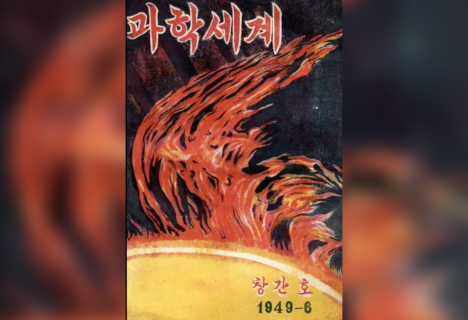Guest lecture by Derek Kramer: Histories of the Blackout: Network Failures and Atomic Futures in the Cold War Koreas, 1945-1950
Guest lecure by Derek Kramer, University of Cambridge
The guest lecture will take place on the 9. May at 10am CEST. Please register here to attend via zoom.
Abstract: In the spring of 1948, the lights in Seoul went out. The blackout marked the
postcolonial collapse of the peninsular electric network, a vast apparatus of production
and consumption that only years before had rivaled that of the Japanese metropole itself
in terms of output. However, with much of the power generated in North Korea,
national division meant systemic collapse. Writing at the cusp of a new atomic age, the
citizens of 1948 Seoul look to the future in the dark. Borrowing from recent trends in the
history of energy and infrastructure, this paper explores the years leading up to and
following the collapse of the postcolonial Korean power network. Bracketed by the
integrated processes of Cold War deimperialization and division, the breakdown of the
Korean power system is taken up as an instance of rupture that encouraged an
outpouring of thought on energy, technology, and historic transformation. Of particular
interest in this study are the ways that the postcolonial atrophy of infrastructure
coincided with a broader culture of techno-anticipation linked to a new atomic age. In
popular science texts of the day, energy quickly emerged as a unifying feature in
discussions of social, economic, and physiological change. Placed within the context of
the power-systems material breakdown, this presentation attends to how Korean writers
turned to the concept of energy to develop stagist historical narratives of development
that reduced the politics of production to the aggregation of power.

